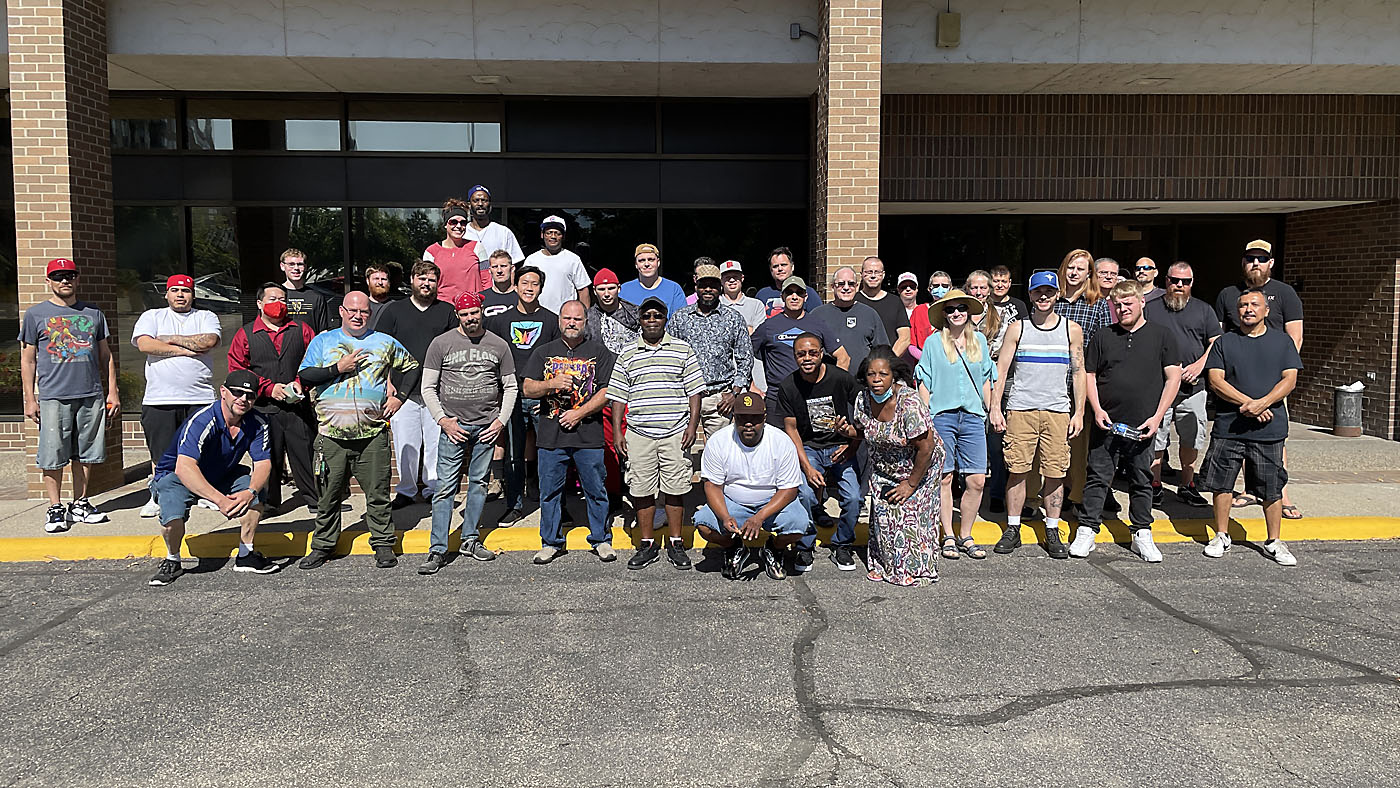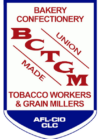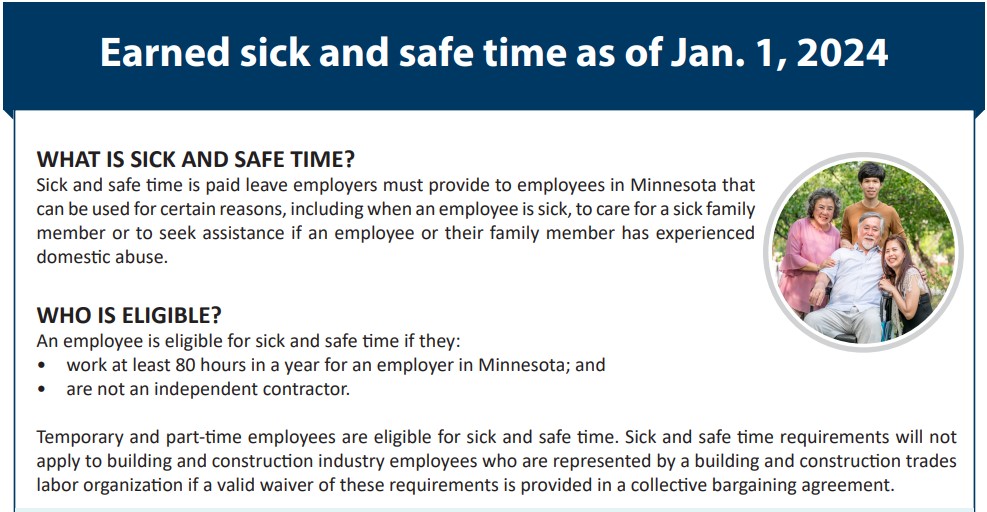
BCTGM Local 22
Recent News
2026 David B. Durkee Memorial Scholarship
The 2026 David B. Durkee Memorial Scholarship Program will grant five $5,000 one-time scholarship awards….
ICE Out of MN Event, 1-23-26
Attention fellow BCTGM Union Members: In most of our contracts with employers, we have language…
Minnesota Sick and Safe Time Goes Into Effect January 1, 2024
Click Read More Button to Learn More
Upcoming Events & Meetings
March 2026
April 2026
May 2026
No event found!

